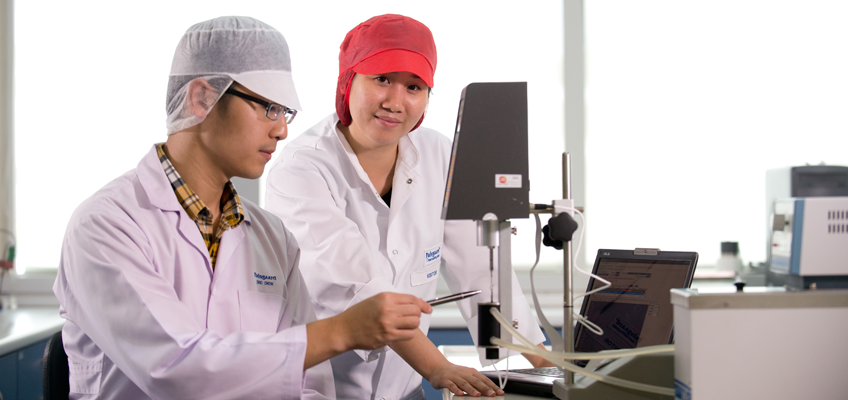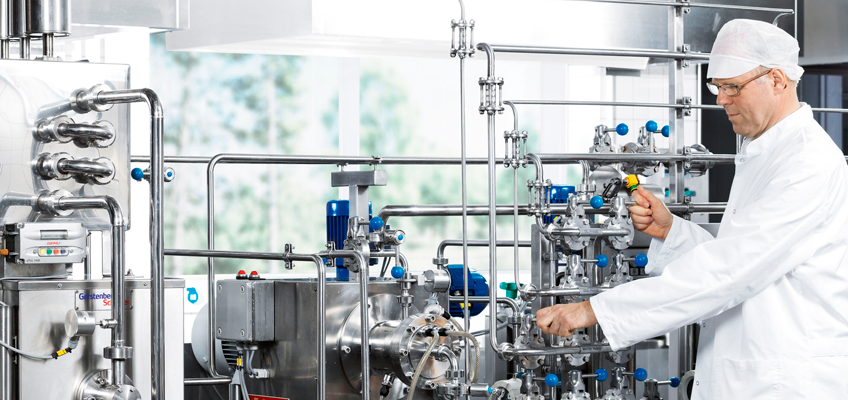
2015 was a year to celebrate for food ingredients manufacturer Palsgaard, due both to healthy financial results and the achievement, well ahead of time, of a substantial part of the company’s journey toward a zero carbon footprint around the globe.
Palsgaard, the Danish company that invented the modern commercial food emulsifier, has released its Palsgaard’s 2015 CSR Report, highlighting the latest accomplishment in the company’s sustainability drive: During the year, Palsgaard’s Danish-based – and largest – plant completed a six-year journey to become CO2-neutral –delivering the first part of Palsgaard’s goal to declare a zero carbon footprint globally by 2020.
“Given the energy-intensive production processes in our industry, we believe it is a major achievement to arrive at this target in Denmark well ahead of schedule,” says CEO Jakob Thoisen. “As a company, we have set ourselves ambitious goals and we’re determined to deliver on them. By combining CO2-neutrality, sustainable palm oil and other sustainability measures, we can deliver truly sustainable emulsifier systems that are in an increased demand by our customers and certified to be environmentally friendly”.

On performance reporting the report includes that its Malaysian production plant achieved Roundtable for Sustainable Palm Oil (RSPO) certification.
In other achievements on the sustainability front for the company, derivative products decreased per kilogram of finished product, for example water consumption were reduced.
As with 2014, two main factors continued to contribute to a slight increase in overall energy consumption and raw materials consumption: The implementation phase of the Malaysian plant and increased production levels throughout the company.
The 2015 CSR report describes how Palsgaard uses its decades of food application expertise to help its customers sustainably meet consumer needs and regulatory priorities through more efficient, higher-quality production and healthier products. And it further outlines how the company is helping to lead the way in emission reductions, sustainable palm oil production and food safety.
Already a long-term follower of the UN Global Compact’s (UNGC) 10 principles, Palsgaard aims to keep pace with the latest international sustainability developments.

“2015 was also a year where we welcomed the UNGC’s 17 Sustainable Development Goals (SDGs),” says Jakob Thoisen. “Already now, we’re seeing the SDGs becoming a CSR focal point for companies in many industries, as well as a business opportunity, and it’s natural, therefore, that we get behind these efforts, too.”
Going forward, Palsgaard plans to introduce new activities enabling it to achieve CO2-neutrality at all production facilities by 2020. In Denmark, Malaysia, Mexico and the Netherlands and in other countries, the company will continue to identify greener energy alternatives, more sustainable sources of energy, and ways to further reduce water usage. RSPO-certified production capabilities will also be expanded in plant locations beyond Denmark. And in the workplace, 2016 is already seeing renewed focus on safe behaviours and preventative measures.

